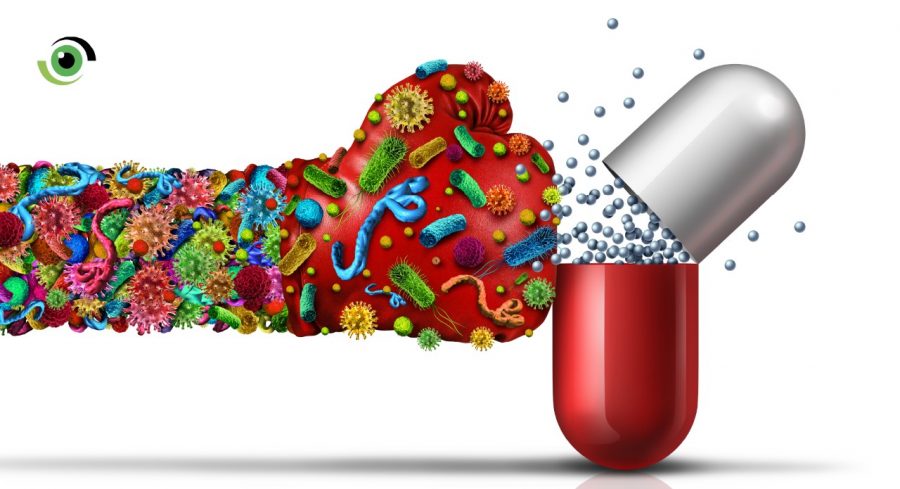Experts in Nigeria have raised significant concerns about the growing health and economic threats posed by Antimicrobial Resistance (AMR). AMR occurs when harmful bacteria, viruses, fungi, and parasites become resistant to the drugs used to treat infections, leading to higher healthcare costs, reduced productivity, and even loss of life.
In an interview, the health economists and public health experts emphasized the urgent need to address AMR. Dr. Abigail Banji, a health economist, warned that AMR could cost Nigeria billions of Naira each year due to extended hospital stays, increased medical expenses, and a less productive workforce. She also referred to a 2022 World Bank report that predicted a 3.8% global GDP decline by 2050 due to AMR, with countries like Nigeria expected to face the most severe effects. Industries such as agriculture and livestock farming, which depend heavily on antibiotics, could see reduced food production and exports, exacerbating the country’s economic challenges.
Prof. Muhammad Abbas, Director-General of the Kano State Centre for Disease Control, highlighted the financial burden of AMR-related diseases on families, noting that the prolonged and costly treatments often push many into poverty, further harming the national economy.
Civil society groups, including the Vaccine Network for Disease Control (VNDC), are advocating for stronger collaborations between the government and private sector to combat AMR. VNDC’s Executive Director, Mrs. Chika Offor, stressed that Nigeria could face devastating economic losses without immediate action. She called for AMR to be prioritized in national policy discussions to safeguard the country’s healthcare system and long-term financial stability.
By addressing AMR, Nigeria can protect its economy and health system, ensuring a more secure and sustainable future.

